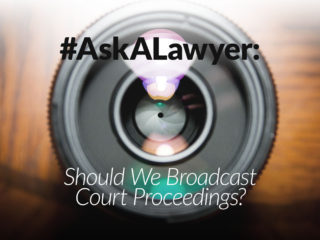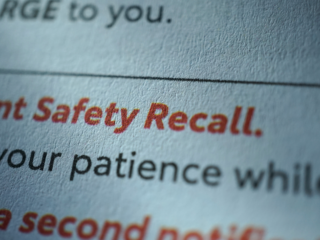This decision arises from a 2019 motor vehicle collision in which the plaintiff alleged that the defendant lost control of his vehicle and crossed over the centre line, colliding with the plaintiff’s vehicle. The plaintiff alleged that she suffered injuries including a concussion, whiplash, other soft tissue injuries, chronic pain and psychological injuries including depression.
The action was set down for trial in November 2021 with a pre-trial conference held in March 2023 and trial scheduled for the November 2023 sittings.
In preparation for trial, the plaintiff obtained and served three experts’ reports – from a physiatrist, occupational therapist and an accountant. The defendants brought a motion under section 105 of the Courts of Justice Act and Rule 33 of the Rules of Civil Procedure (the ‘Rules’) to compel the plaintiff to attend two assessments, one with an orthopedic surgeon and the other an occupational therapist.
The plaintiff resisted attending any defence medical examinations, relying on Rule 53.03(2) of the Rules, which establishes the deadline for service of experts’ reports as 60 days before a pre-trial conference for the responding party (i.e., the defendant). To comply with the Rules, the defendants were to obtain any responding expert reports by December 2022. As such, the defendants asked the court to use its discretionary authority to extend the time for service of their expert reports, relying on Rule 53.04(b). With no guidance as to what factors the court should take into account when considering whether to extend the timeline in Rule 53.03, counsel submitted that the court should apply the test as set out in Rule 53.08, which outlines that the trial judge may grant leave to rely on expert evidence after the deadline if there is a reasonable explanation for the failure to comply and granting leave would not cause prejudice that could not be compensated by costs or an adjournment or cause undue delay in the conduct of trial.
The court reviewed the 2022 amendments to Rule 53, which made the Rule granting leave discretionary rather than mandatory if certain conditions are met.
[29] The amendments to r. 53.08(1) are significant and were intended to address the chronic problems that late-filed experts’ reports have historically created for the court’s ability to schedule and hear civil trials. See, for instance, Khan v. Baburie, 2021 ONSC 1683 at para. 45.The court analyzed the chronology of events that led to the defendants’ request for an extension of time. On the motion, the defendants offered no explanation why they had not sought out defence medicals at any point between November 2021 – when the case was set down for trial – and December 2022 – the 60-day deadline for responding expert reports. The court found that inattentiveness to a file does not rise to the level of reasonableness when one is assessing the explanation for non-compliance with the Rules. As such, the court refused to grant leave to the defendants to obtain expert reports beyond the deadlines imposed by Rule 53.
Post-pandemic, the backlog in the civil court system has grown increasingly worse. Many factors contribute to the backlog, including non-compliance with the Rules. This decision reinforces the need for strict compliance with the Rules relating to expert reports. One can only hope that the 2022 amendments and the judiciary’s trend of enforcing compliance will help clear up the delay facing our civil justice system.















